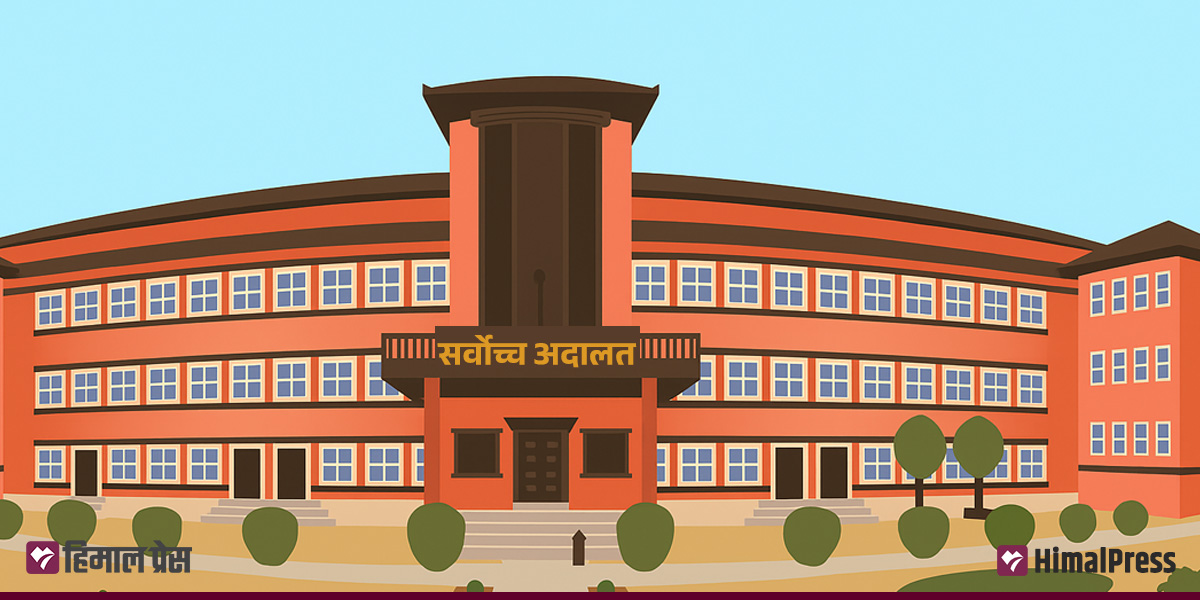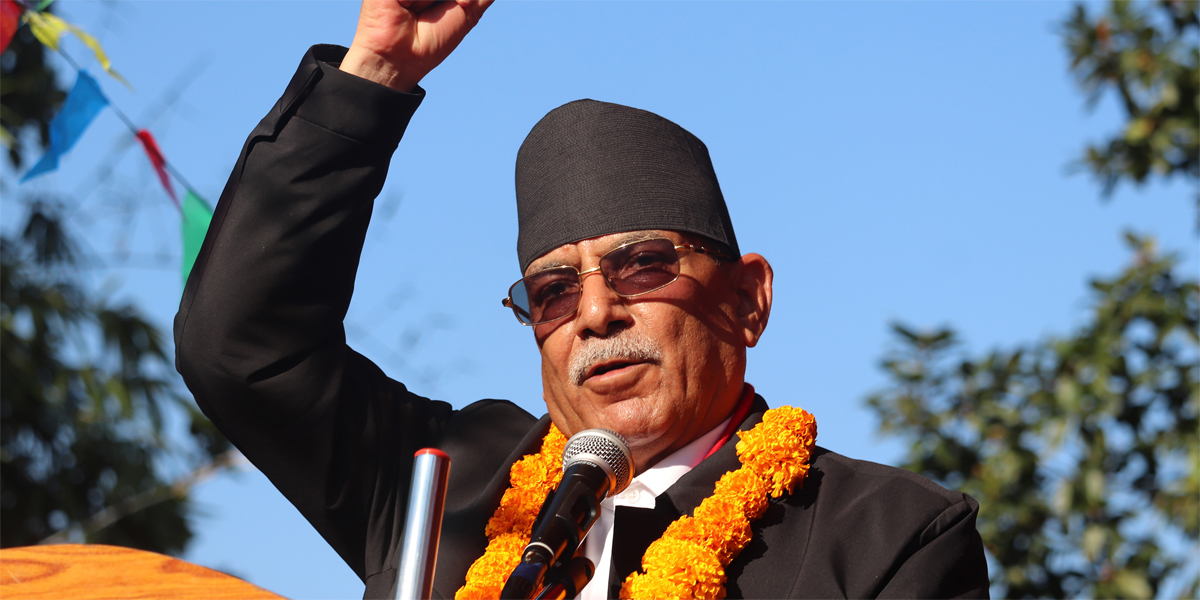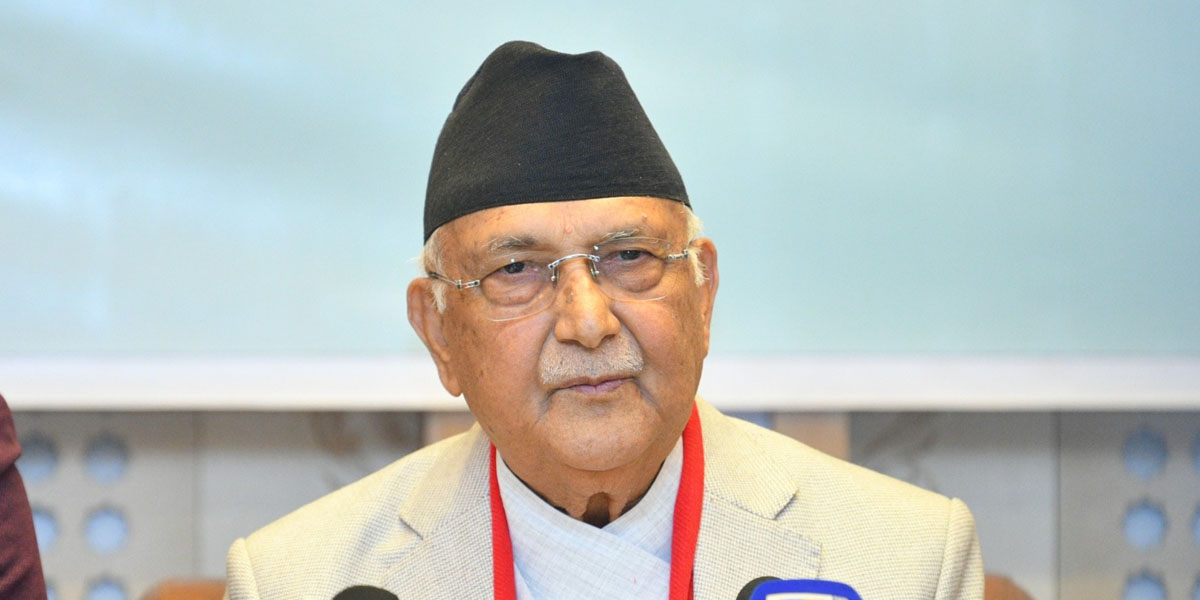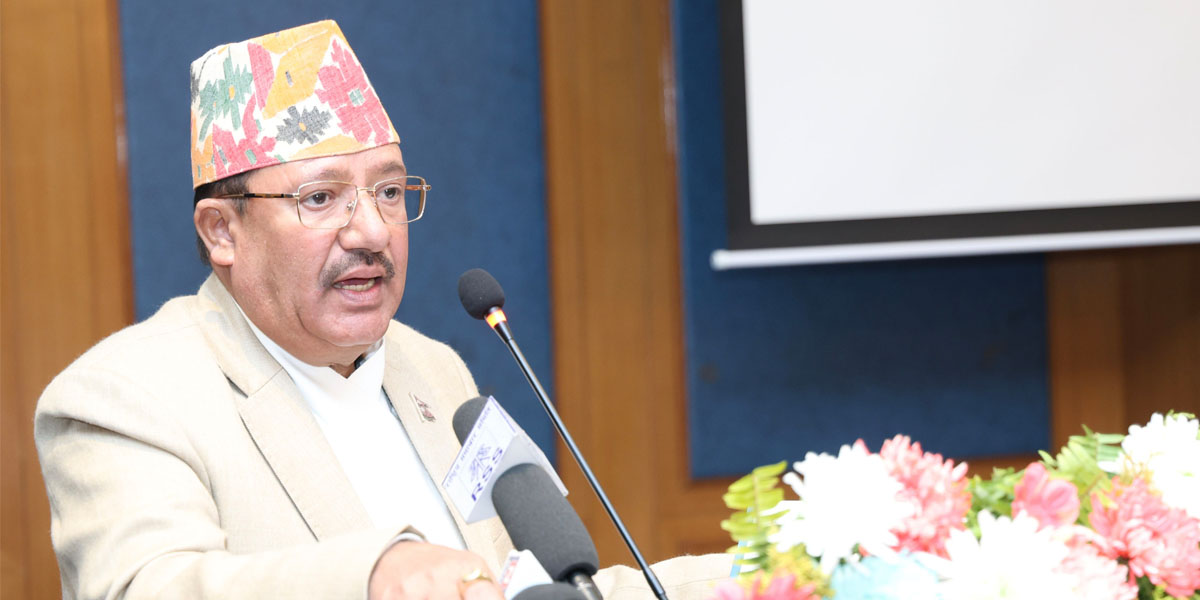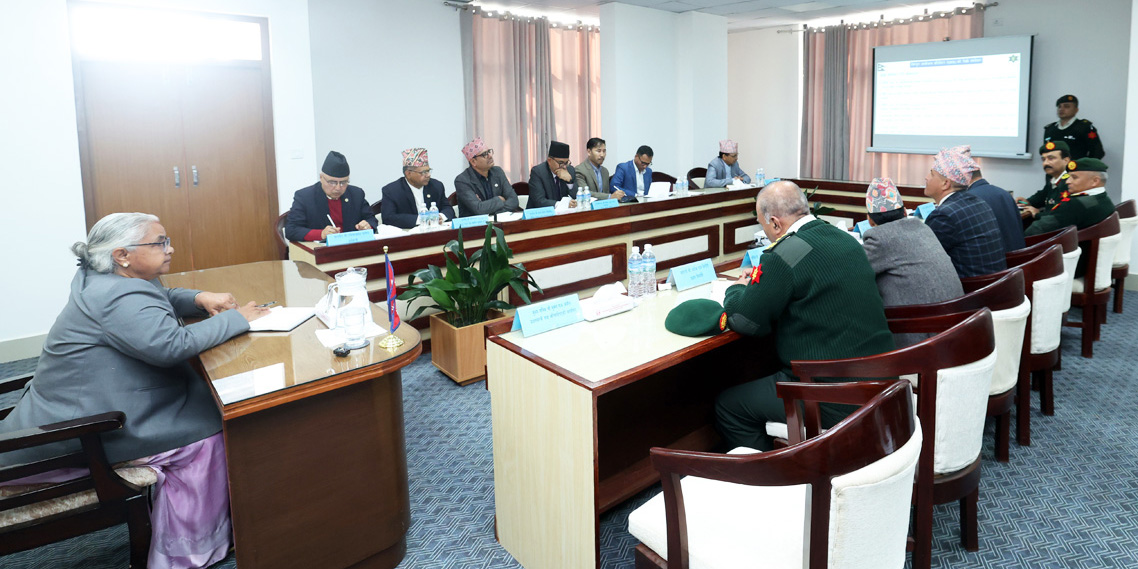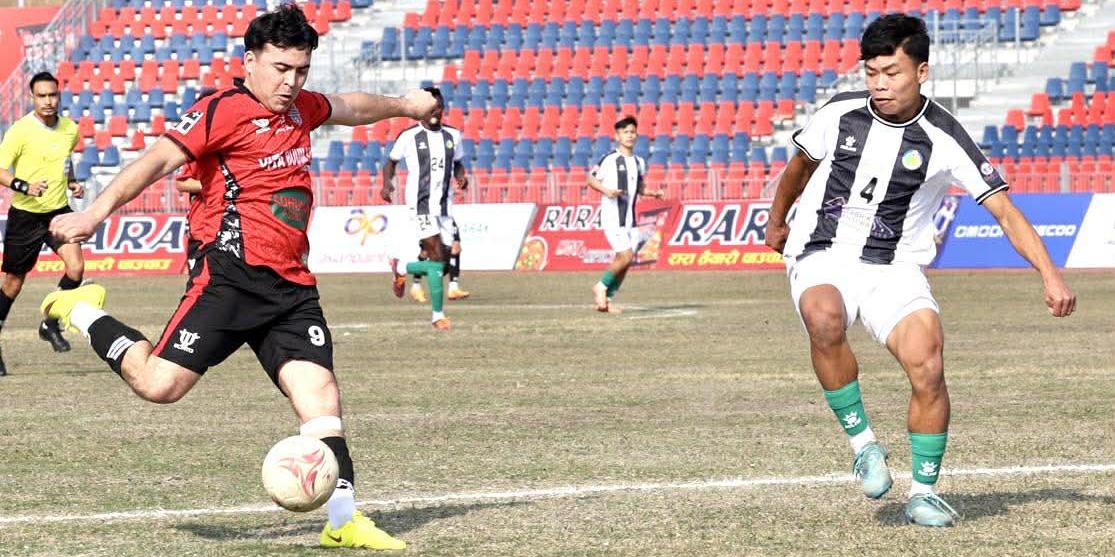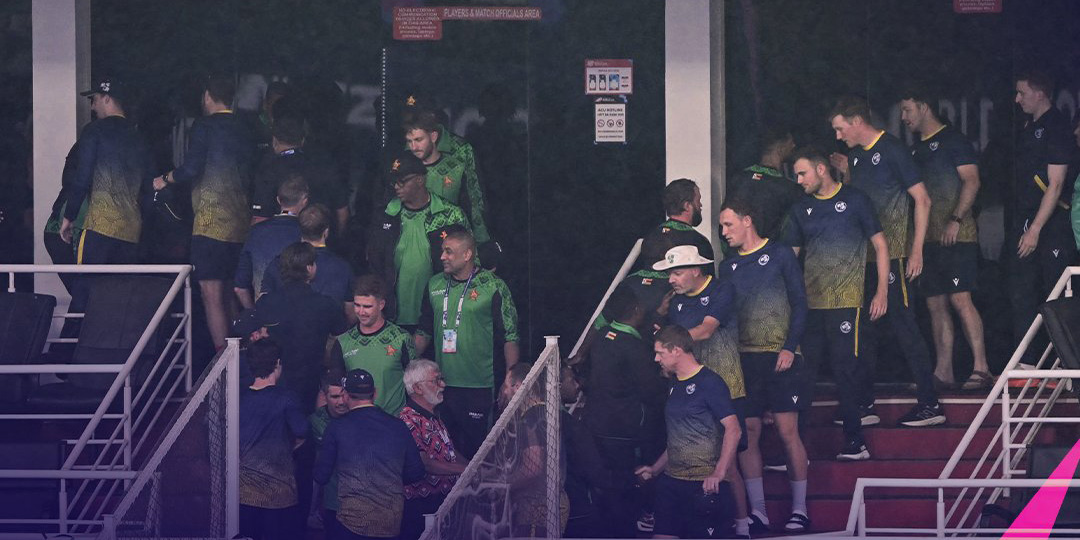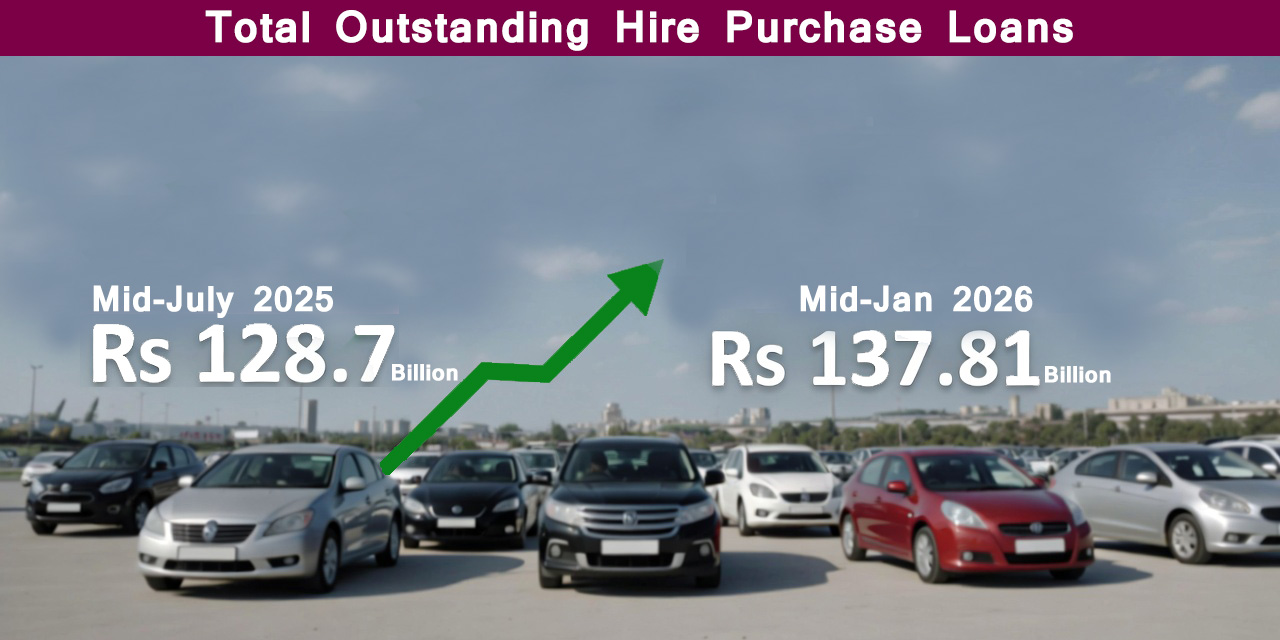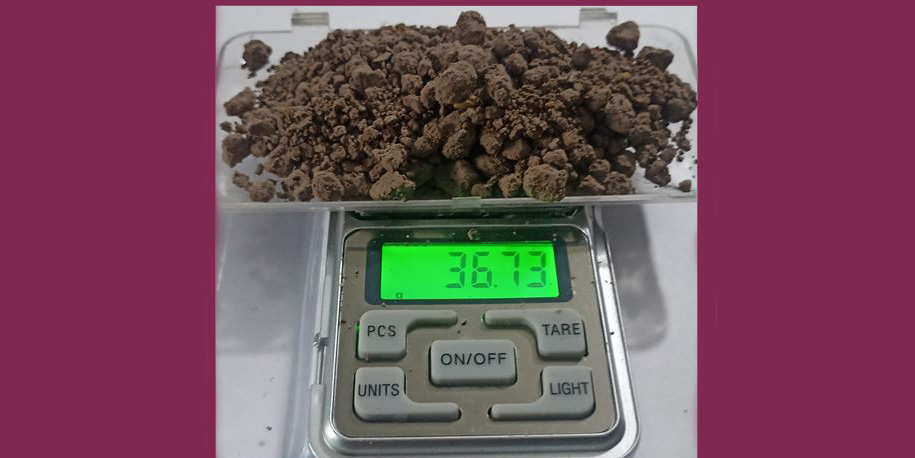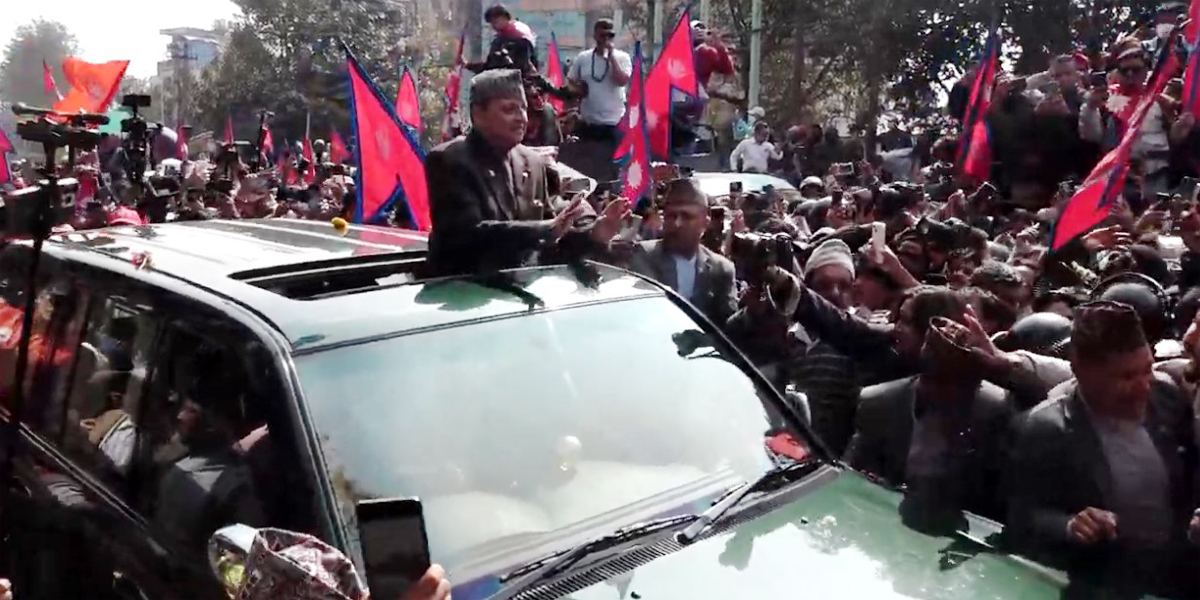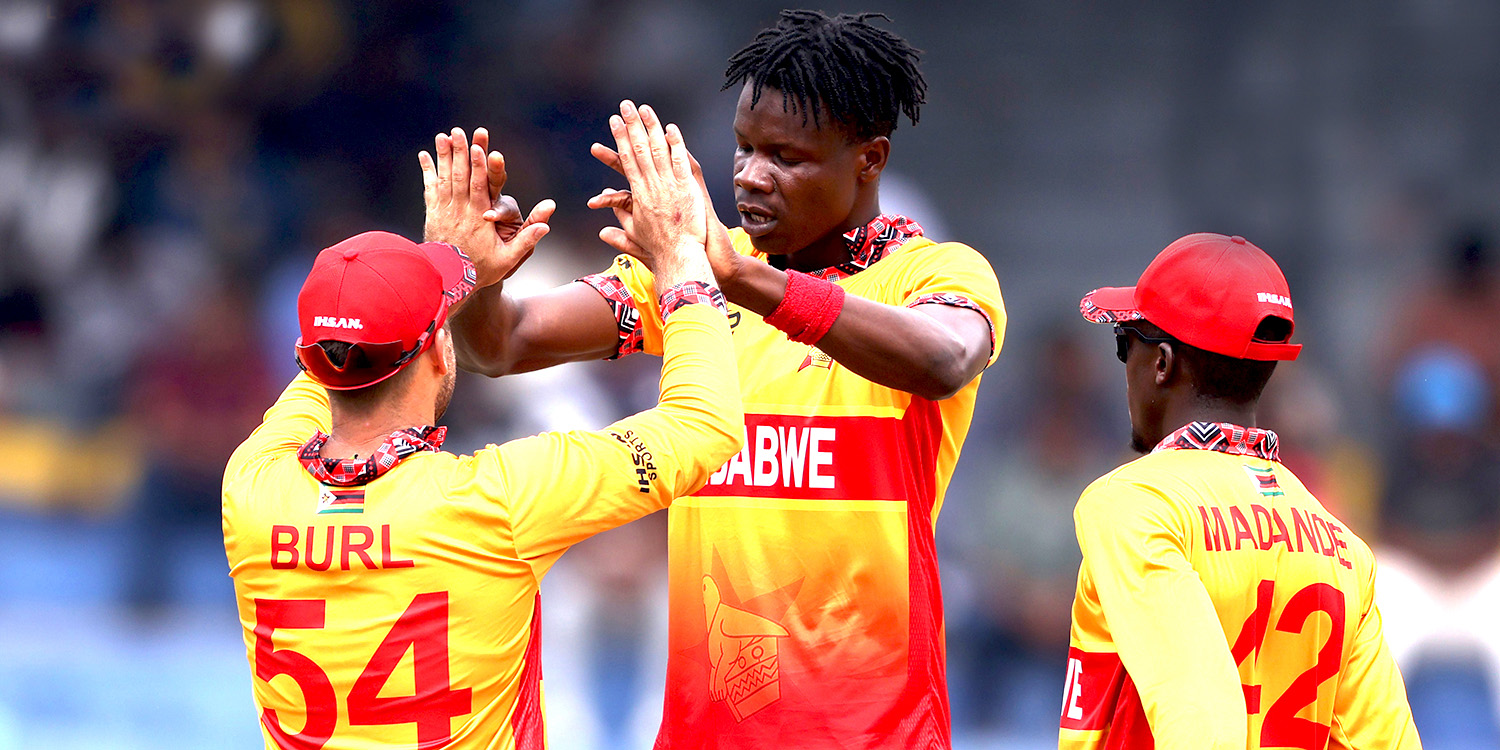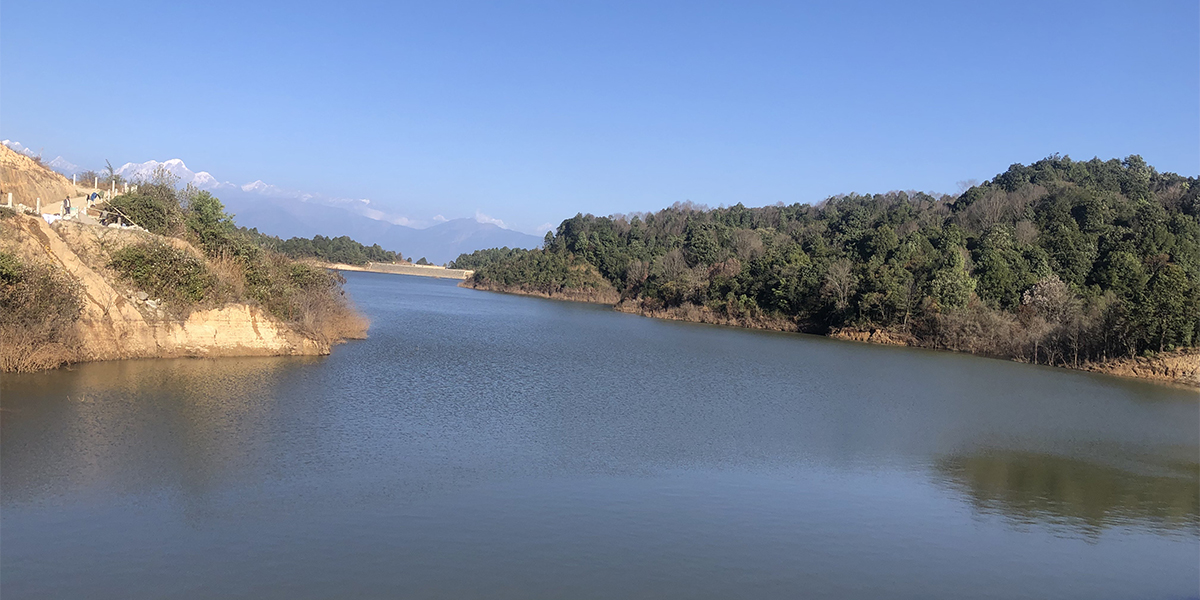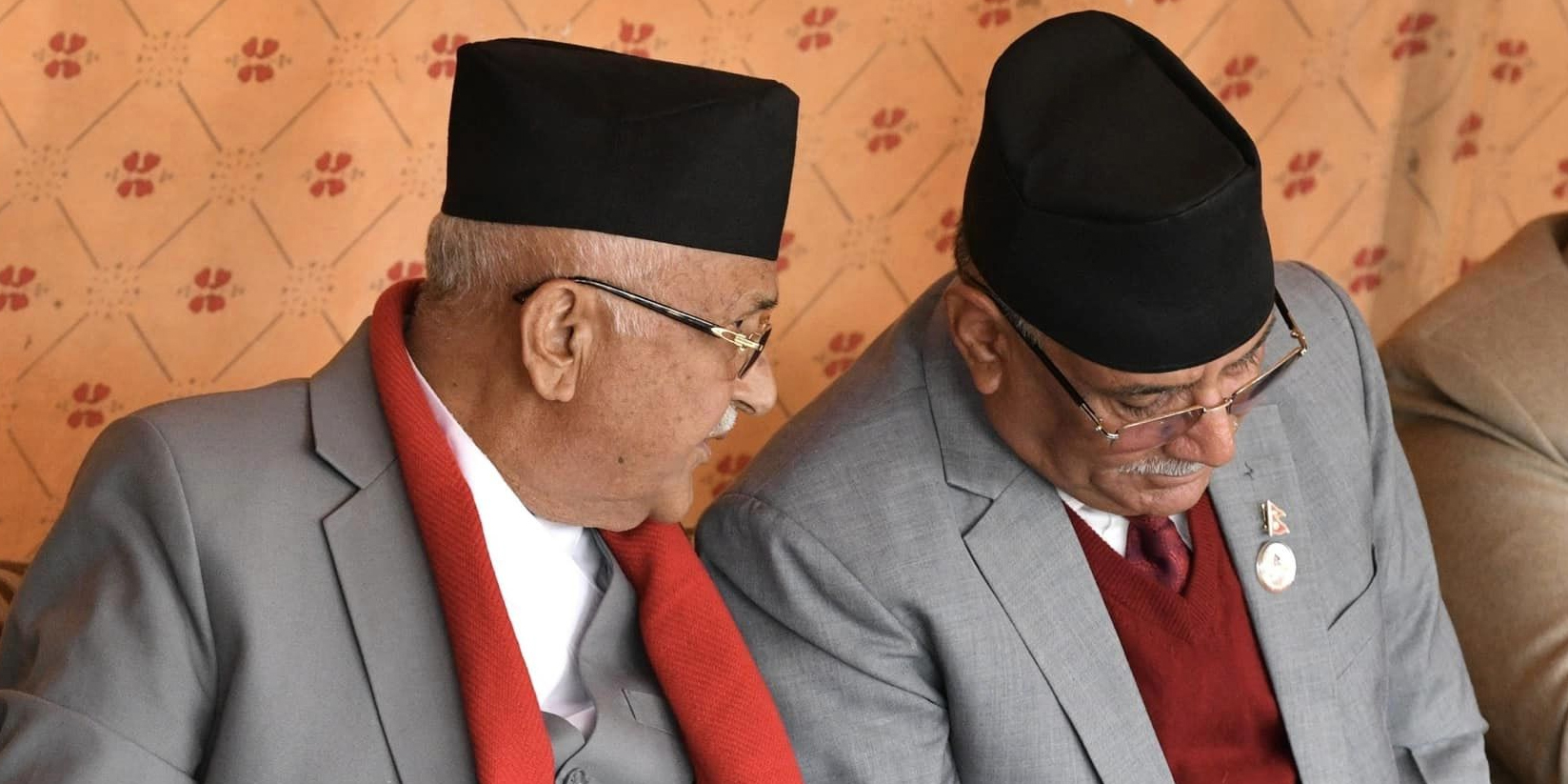 UML Chairperson KP Sharma Oli (left) and CPN (Maoist Center) Chairperson Pushpa Kamal Dahal (File Photo)
UML Chairperson KP Sharma Oli (left) and CPN (Maoist Center) Chairperson Pushpa Kamal Dahal (File Photo)
KATHMANDU: Four positions of justices are currently vacant in the Supreme Court. The apex court is experiencing delays in dispensing justice as four out of 21 positions for justices remain unfilled.
Senior-most Supreme Court Justice Ananda Mohan Bhattarai has stepped away from hearing cases a month before his retirement. Chief Justice Bishwambhar Prasad Shrestha is also set to retire in September. However, the process of filling these vacant positions in the top court has not yet begun.
Legal professionals affiliated with the ruling parties have started lobbying for appointments to the vacant positions. Lawyers, the Attorney General, and eligible High Court judges are all in contention for these spots.
According to a source at the Supreme Court, Chief Justice Shrestha favors recommending High Court judges for the vacant justice positions based on seniority.
While political parties are attempting to influence the selection process based on party affiliations and quota systems, as has happened in the past, Chief Justice Shrestha is pushing for the promotion of High Court judges. Therefore, sources indicate that one of the four positions may be filled by a legal professional.
The most recent appointments to the Supreme Court included four judges chosen through political quotas, with two each from the Nepali Congress and CPN-UML. Currently, the CPN (Maoist Center) is advocating for a political quota and is working to create favorable conditions for recommending practicing lawyers to the vacant positions. However, the UML is resisting this move.
Previously, Sunil Kumar Pokharel and Bal Krishna Dhakal were appointed as Supreme Court justices from the ranks of practicing lawyers. This time, the Maoist Center is making efforts to secure a Supreme Court bench for Attorney General Dinmani Pokharel, with the aim of positioning him as a future Chief Justice. This is why the UML is opposing the move.
The Chief Justices for the next 12 years have already been determined. Until 2036, Chief Justices supported by the UML will lead the Supreme Court. Leaders suggest that the delay in appointing justices is due to the Maoist Center’s desire to make Pokharel, whom they support, the future Chief Justice. This has led to indecision in the Judicial Council regarding the appointment of justices.
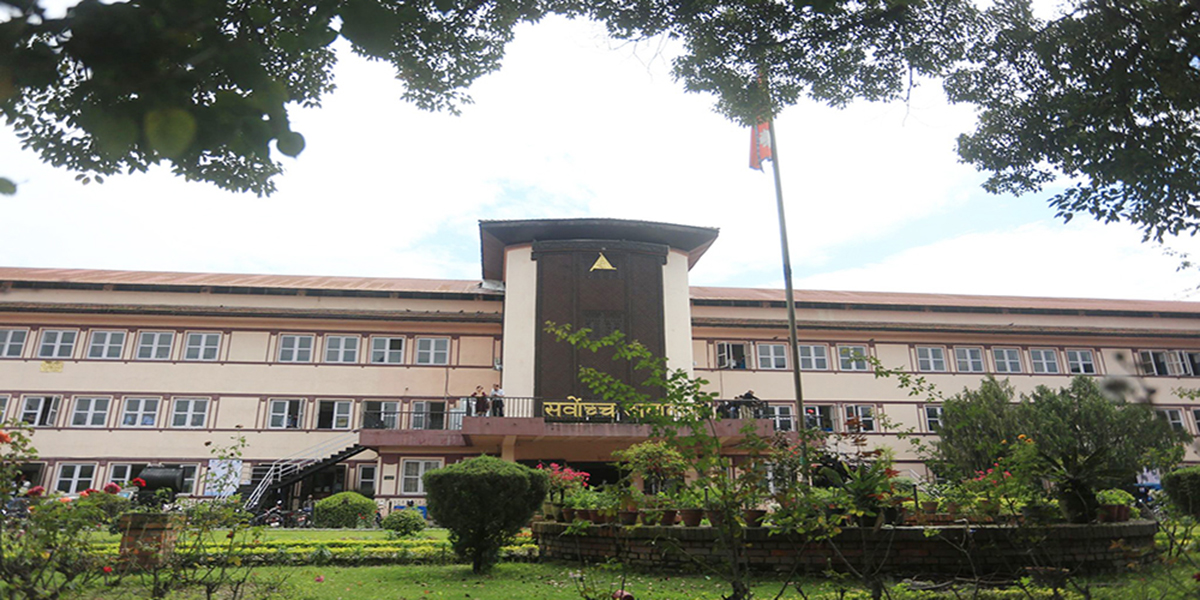
Sources say there is no dispute within the council about promoting three out of the four vacant positions from High Court judges to Supreme Court justices. However, UML Chairperson KP Sharma Oli and Prime Minister Dahal are divided over appointing one justice from the legal profession.
The Judicial Council met on June 14 to recommend justices but failed to make any decisions. Another meeting was called for June 15 but was postponed when it became evident that the appointments would not align with the wishes of UML Chairperson Oli.
The date for the next council meeting has not been set.
According to leaders, Dahal is insisting on appointing Attorney General Pokharel as a Supreme Court justice. He is pressuring the Chief Justice, Law Minister, and council members to recommend Pokharel’s name.
However, Oli has asked Dahal to recommend anyone but Pokharel. Oli opposes recommending Pokharel for Supreme Court justice because it would place him in line to become the Chief Justice in 2037, keeping him in the Supreme Court for a total of 14 years. The UML seeks to prevent his recommendation for this very reason.
Dahal is advocating for Pokharel because the Maoist Center currently lacks representation in the Supreme Court capable of ascending to the Chief Justice position. Oli is open to any other candidate from the Maoist Center, but Dahal is not agreeing.
If there is significant changes over the next 11 years, the future Chief Justices would be Sapana Pradhan Malla, serving for two and a half years; Kumar Regmi, for two years and ten months; Hari Phuyal, for four years; Nahakul Subedi, for eight months; and Tek Prasad Dhungana, for six months.

 Himal Press
Himal Press 